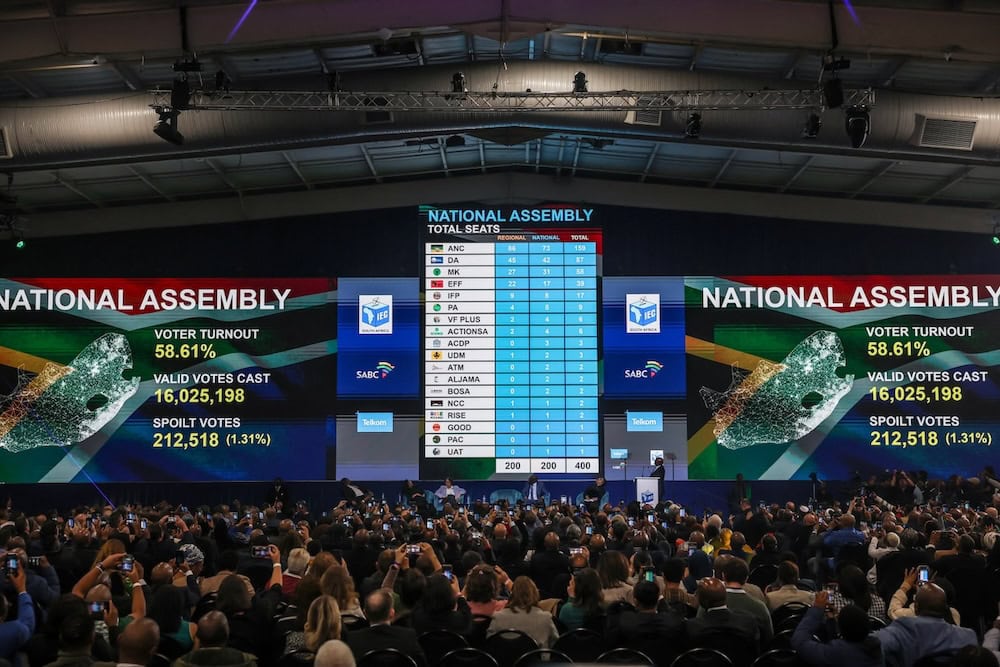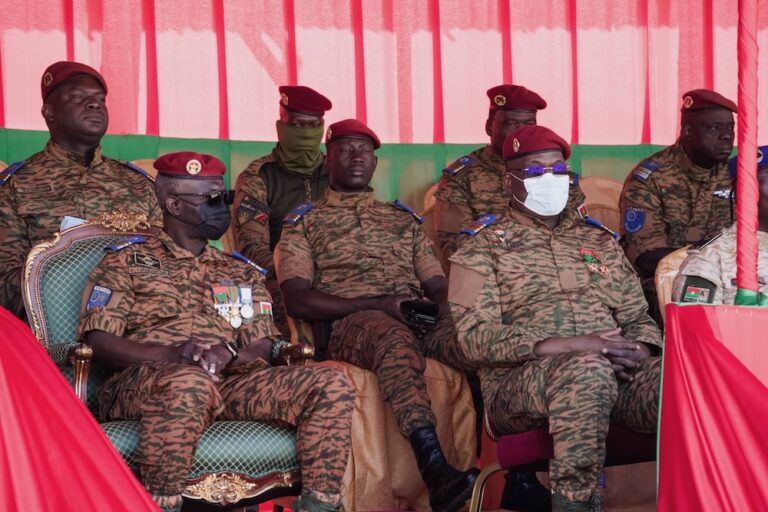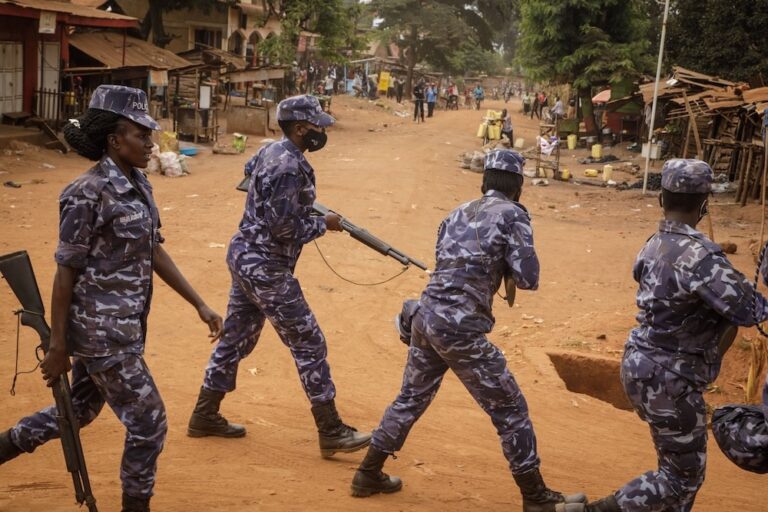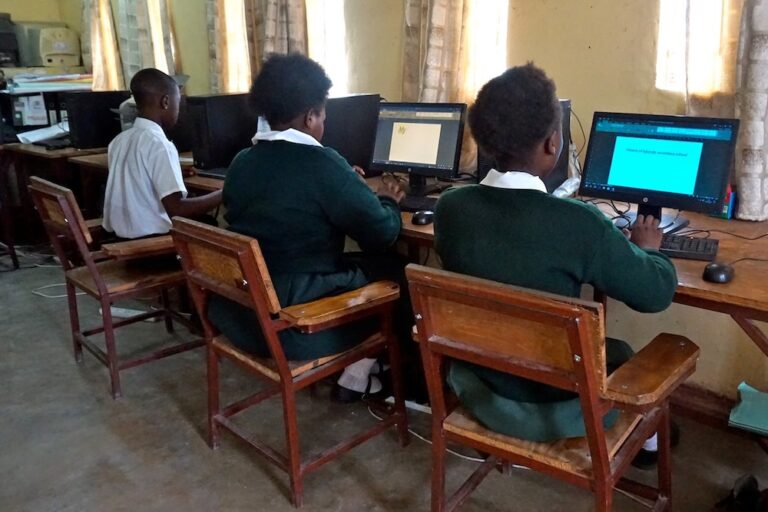A study of the evolving disinformation landscape identifies key protagonists involved in the pushback and the tactics they employ to curb the escalating challenge.
This statement was originally published on cipesa.org on 30 August 2024.
Disinformation is an escalating challenge across Africa, threatening democratic processes, social cohesion, and undermining trust in the media. However, evidence of the successes and pitfalls of initiatives that are working to counter disinformation remains minimal.
A new report by CIPESA, in collaboration with Bertelsmann Stiftung, examines the evolving landscape of disinformation in Africa, highlighting key protagonists involved in the pushback against it and the tactics they employ, as well as the challenges. It offers recommendations for a comprehensive, multi-stakeholder approach to tackling the vice. The report includes case studies on the Democratic Republic of Congo, Ethiopia, Kenya, and South Africa.
The disinformation campaigns often exploit existing social and political divisions, including during electoral periods, when false and misleading content is utilised to sow discord and manipulate public opinion. The tactics used are becoming increasingly sophisticated, with technologies such as deep fakes increasingly being employed. The consequences of these campaigns can be particularly severe in fragile democracies, where disinformation undermines election integrity and fuels conflicts.
The study identifies various protagonists fighting disinformation, including country-specific protagonists, multi-country initiatives, pan-African protagonists, international protagonists, media, and coalitions. However, most rely on basic and moderate methods in identifying and pushing back against disinformation despite the increasing sophistication with which it is generated and disseminated.
Another notable challenge is that some platforms are not doing enough to fight disinformation or moderate harmful content. Although they derive financial benefits from the region, some platforms do not seem to invest appropriately in human resources or respect national laws regarding content. The report notes that some platforms have run election-related adverts containing patent disinformation while making it expensive and cumbersome for African researchers to gain access to data on political advertising, which would be crucial to tackling disinformation in the region.
In addition, many African countries lack comprehensive legal frameworks to combat disinformation effectively. In some cases, existing laws are outdated, while in others they are poorly enforced and end up stifling legitimate expression.
The study highlights the need for more symbiotic approaches where different protagonists such as multi-stakeholder coalitions that include the state, civil society, platforms, and technologists collaboratively reinforce truth and debunk disinformation. An example is Kenya’s National Coalition on Freedom of Expression and Content Moderation (FECOMO), which brings together more than 20 state, civil society, and media entities to ensure that content moderation protects freedom of expression while tackling harmful content.
In South Africa, ahead of the 2024 elections, the Electoral Commission entered a Framework of Cooperation with social media platforms Google, Meta, TikTok, and the non-profit Media Monitoring Africa (MMA), to curb disinformation. A related initiative is the Real411 run by the MMA, whose Digital Complaints Committee (DCC) receives complaints on disinformation and hate speech from the public and makes public the outcomes of its investigations of such complaints.
The success of these efforts, however, often hinges on the active participation of local actors uniquely positioned to address their communities’ specific needs and dynamics. It is without a doubt that the fight against disinformation requires a coordinated response from various stakeholders, including governments, civil society, media, and tech companies.
The report makes various recommendations, such as:
- Strengthening legal frameworks by developing and updating laws so that they balance freedom of expression with disinformation countermeasures.
- Enhancing media literacy by educating the public on disinformation and promoting critical thinking across various sectors.
- Rebuilding trust in media by ensuring accurate and unbiased reporting, particularly during elections.
- Increasing platform accountability by asserting pressure on social media platforms to be transparent in their content moderation and algorithms.
- Facilitating public reporting by establishing accessible channels for reporting disinformation and ensuring transparency in addressing reports of abuse.
- Encouraging public discourse by promoting broader public engagement and awareness to enhance critical thinking on disinformation.
- Investing in skills development by providing continuous training for fact-checkers, journalists, and researchers to effectively counter disinformation.
In conclusion, disinformation is a complex and multifaceted issue that requires a comprehensive and collaborative response from all stakeholders. Governments, civil society, media, and tech companies must work together to build resilient systems that can effectively combat the spread of false information. By promoting media literacy, holding intermediaries accountable, and fostering multi-stakeholder engagement, Africa can take significant steps toward countering disinformation and protecting democratic processes on the continent. The report can be accessed here. To read more about CIPESA’s work on disinformation, see here.



